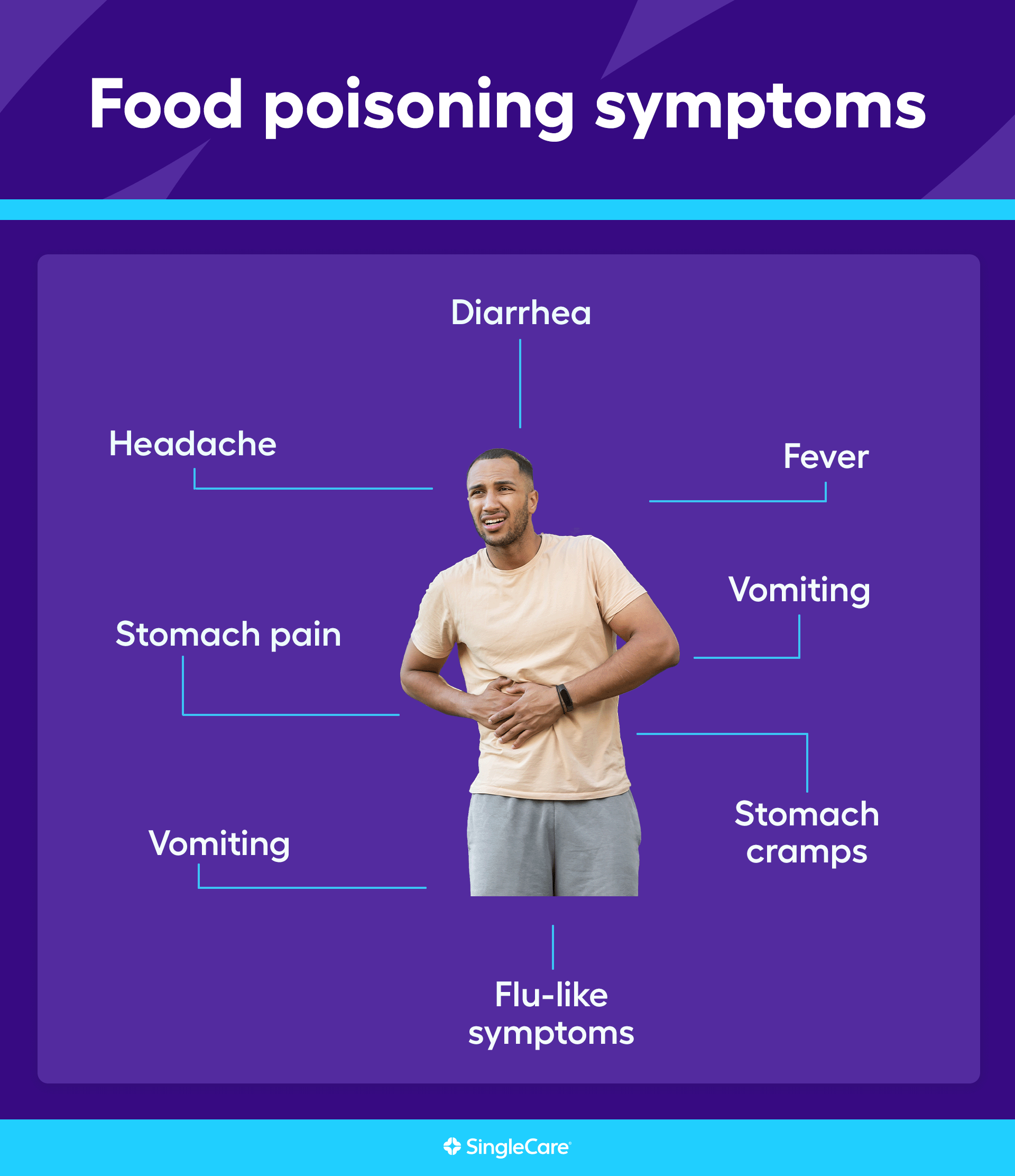Index Surge: Amplifying Your Insights
Stay updated with the latest trends and news across various industries.
When Dinner Turns Dangerous: The Unexpected Truth About Food Poisoning
Uncover the shocking facts about food poisoning and how your dinner could be putting you at risk. Don't miss this eye-opening read!
10 Surprising Foods You Didn't Know Could Cause Food Poisoning
When we think about food poisoning, our minds often jump to raw meat or undercooked eggs. However, there are surprising foods that can also lead to foodborne illnesses. For instance, raw sprouts, such as alfalfa or mung bean sprouts, are often overlooked. These delicate greens can harbor bacteria like Salmonella or E. coli, especially if they are grown in warm, humid conditions without proper sanitation. It’s best to cook sprouts thoroughly or avoid them if you are particularly susceptible to foodborne illnesses.
Another unexpected contender on the list are potatoes. While we typically think of them as a safe staple, improperly stored or sprouted potatoes can produce harmful toxins like solanine. This natural toxin can lead to nausea, diarrhea, and even more severe reactions in high quantities. Always store potatoes in a cool, dark place and discard any that show signs of sprouting or greening to avoid potential food poisoning.

How to Spot the Early Signs of Food Poisoning: What You Need to Know
Food poisoning can strike unexpectedly, and recognizing the early signs is crucial for prompt treatment. Common symptoms include nausea, vomiting, and diarrhea, which typically manifest within hours to a few days after consuming contaminated food or beverages. Other warning signs may include stomach cramps, fever, and fatigue. If you notice these symptoms, it's essential to assess your recent meals to identify any potential sources of contamination.
In addition to the immediate symptoms, pay attention to the severity and duration of your discomfort. If symptoms persist for more than a couple of days or worsen over time, it could be a sign of a more serious infection. Staying hydrated is critical, as dehydration can quickly escalate in cases of severe vomiting and diarrhea. If you experience significant symptoms, consider seeking medical attention to prevent complications and ensure proper care.
Is Your Kitchen Making You Sick? Common Practices That Lead to Food Contamination
Your kitchen is often considered the heart of your home, but it can also be a breeding ground for harmful bacteria if proper precautions aren't taken. Common practices like cross-contamination, improper food storage, and inadequate sanitation can lead to food contamination that poses serious health risks. For instance, using the same cutting board for raw meats and vegetables without proper cleaning in between can transfer dangerous pathogens. To mitigate these risks, it's essential to develop good habits, such as using designated cutting boards and utensils for different food types.
Additionally, the way you store food can significantly affect its safety. Many people tend to leave perishable items out at room temperature for too long, which can encourage bacterial growth. It's advisable to follow the two-hour rule—refrigerate or freeze leftovers within two hours of cooking. Furthermore, ensure your refrigerator is set to 40°F (4°C) or below to keep food safe. Regularly checking expiration dates and maintaining cleanliness in your kitchen can go a long way in preventing foodborne illnesses.